Paul Caruana Galizia dissects the Maltese status quo that led to his journalist mother’s murder.
A Death in Malta: An Assassination and a Family’s Quest for Justice by Paul Caruana Galizia
Riverhead 2023
ISBN 9781529151558
Teodor Reljić
The line between the personal and political is almost always wafer-thin, but when you’re the son of an assassinated political journalist and blogger in an EU member state, it is arguably non-existent. A Death in Malta: An Assassination and a Family’s Quest for Justice offers an x-ray view of just such a predicament. The book melds biography, memoir, and true crime narrative to deliver a close-to-the-bone story. It recounts the life of the late Daphne Caruana Galizia, from the point of view of her youngest son, Paul Caruana Galizia, now a journalist in his own right at the UK-based news portal Tortoise Media.
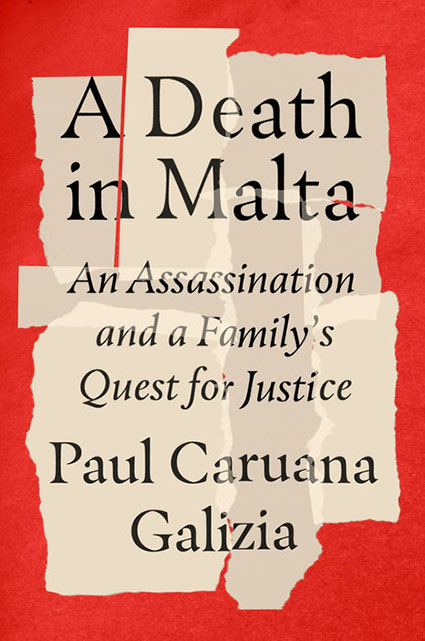
The stated aim of A Death in Malta is to make good on one of Daphne’s unfulfilled dreams: publishing a book-length dissection of Maltese society. Her tragically interrupted life stymies any attempt at delivering a straightforward fulfillment of this goal. Instead, the book turns into something of a “one-stop-shop” of the entire Daphne story so far, delivered during one of its many queasy interim periods — in this case, while we all await the next stage of prime murder suspect Yorgen Fenech’s trial.
That A Death in Malta juggles a number of different sub-genres is both a blessing and a curse. This is neither entirely an intimate memoir nor a hard-nosed true crime thriller. It is not an anthropological study of Malta’s socio-cultural mores, yet it keeps them — and the grudges which arise from them — humming in the background at all times.
Daphne’s murder has already been explored in other books, documentaries, podcasts, and even a compelling stage play, They Blew Her Up, by journalist Herman Grech and offering a polyphonic perspective on Daphne’s life (in a way that a book penned by her own son never could). Nevertheless, the book offers valuable insight, written with journalistic crispness yet thrumming with the reverberations of both a personal and national trauma. Caruana Galizia provides a deft description of the run-up to his mother’s murder, but also its aftermath; the fumbling attempts at reckoning by Labour Party politicians are handled with a sharpness that verges on the kind of satire for which Daphne was renowned. As for the assassination itself, Caruana Galizia’s present-tense depiction of what happened (drawn from the account of his brother, Matthew, who witnessed the event) will sear itself into the reader’s memory.
Daphne was assassinated by a car bomb just outside of her home in the otherwise remote and idyllic village of Bidnija on October 16, 2017. The murder occurred in the wake of her writings on the Panama Papers, particularly as they applied to Malta’s business and political elite, along with her allegations of collusion between government and big business in cases such as the Electrogas scandal.
In many ways, her murder broke the adrenaline-pumped, neoliberal spell cast on the Maltese islands by the administration of the twice-elected prime minister, Joseph Muscat, and his Labour Party government.
Daphne had dubbed Muscat “the Poodle” back when the Labour Party was still in opposition, due to his alleged submissiveness to the party’s former leader and Muscat’s predecessor: the austere, intellectual, and decidedly anti-populist Alfred Sant. Caruana Galizia continues the tradition, referring to Muscat by the same sobriquet in A Death in Malta 31 times. It’s a rare instance of pettiness in a book that is otherwise impressively restrained. If anything, the problem is that Muscat, whose government emerges as at least partly responsible for Daphne’s assassination, ceases to be poodle-like and assumes a resolutely more sinister form. Indeed, from Daphne’s perspective — and, by extension, that of her family — Muscat will have appeared as a nightmarish new iteration of a boogeyman they would’ve thought defeated: Dom Mintoff.
Daphne’s opposition to Labour predated Muscat’s tenure as prime minister and went back to Mintoff — Malta’s post-independence decades-long Labour Party leader, two-time prime minister, and scourge of Daphne’s upper-middle social class. Crucially, the so-called “Black Monday” incident, during which the Times of Malta building was stormed and then razed by Mintoff supporters, is depicted early in the book. Daphne, a child at the time, witnessed the attack first-hand, and Caruana Galizia portrays it as key to what we might call his mother’s origin story.
“One October day in 1979,” writes Caruana Galizia of a period during which Mintoff was prime minister, “my mother and her sisters were sitting on the balcony of their grandfather’s house in Valletta. The view was onto the Times of Malta’s building, where Mintoff’s supporters were booing and hurling objects at the facade.” Caruana Galizia goes on to explain that the Times of Malta’s criticism of Mintoff’s “increasingly autocratic rule and his anti-Western stance,” though delivered via “anonymous columns penned without much force,” were too much for the firebrand leader. That the attack by Labour-leaning thugs appeared to be given political blessing — the only person to subsequently face legal censure was the Times of Malta’s company secretary, for failing to render the site safe — exemplified the endemic political impunity that Daphne would later lambaste in her journalism.
“As the prime minister sanctioned an attack on the free press,” writes Caruana Galizia, channeling his mother, “the idea that dissent and scrutiny weren’t publicly permissible became a fact. And, without them, corruption continued to flourish.”
In other words, for Daphne, Black Monday was a formative experience. Caruana Galizia sees it as defining her perspective on Malta in general and the Labour Party in particular. Recounting, in compelling detail, his mother’s trajectory as a university student (with kids) turned journalist, Caruana Galizia also sketches how Malta’s hopeless parochialism continued to fuel Daphne’s scathing assessments of Maltese society: “‘What a sad island,’ she once wrote, ‘one giant freak show of a retarded Sicilian mountain village circa 1950, with twenty-first-century exhibitionism plastered on top.’”
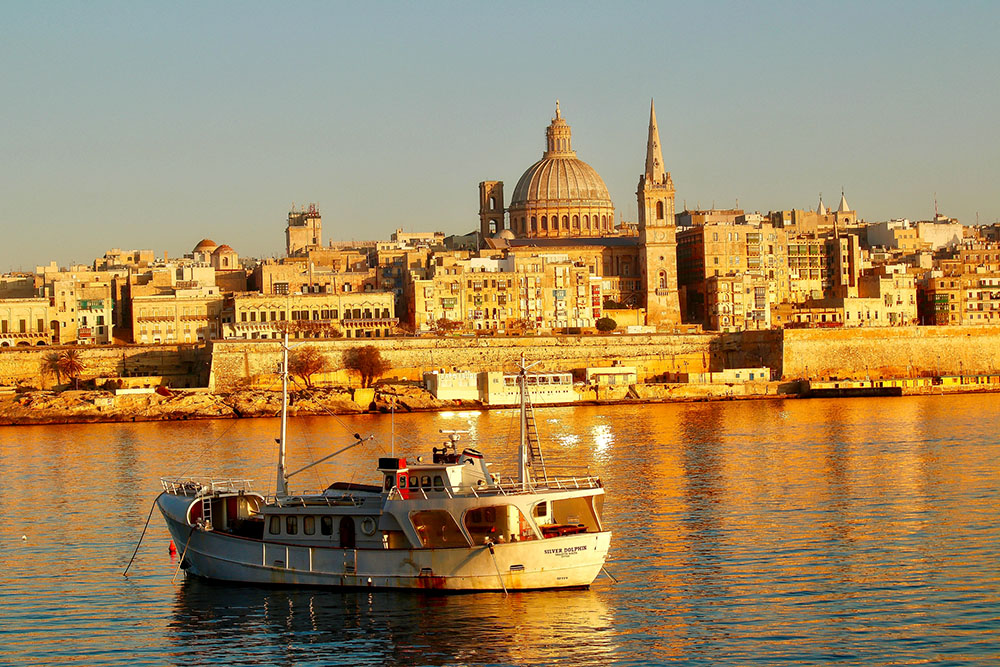
For all the political incorrectness of the passage, it is also hard to deny the reality of how clientelism permeates Maltese life. As recently as October 2023, Malta’s current prime minister could be heard minimizing the implications of a highly concerning driving licences scandal — involving public officials and the former transport minister himself — with a “bad apples” argument that exonerates a system he considers designed to “help people.”
Neither is the Caruana Galizia family itself immune to the tendrils of corruption that define day-to-day existence in Malta. The author is shocked and angered to discover that his own lawyer father, Peter, was practically cornered into consorting with the enemy.
“I bumped into Ray Fenech of the Tumas Group a few days ago,” Caruana Galizia recounts his father telling him. “He said, ‘Someone like you, I need on our board.’”
The exchange angers Caruana Galizia, though it would scan as jarring to pretty much anyone even vaguely familiar with the dramatis persona in question. While Ray Fenech’s nephew and scion of the Tumas-Fenech hotelier group, the aforementioned Yorgen Fenech, hadn’t yet been arrested on suspicion of masterminding Daphne’s murder by that point, he had been outed by her as the owner of 17 Black — a shell company seemingly set up for the benefit of high-ranking government ministers to funnel funds into Panama companies.
“His approach to my father seemed to me like an attempt to use my father to launder his reputation,” observes Caruana Galizia. “I was even angrier that my father couldn’t seem to recognize this. He kept saying, ‘It might not be what you think.’” This hammers home to the author how, “in Malta, people are so close they have to compartmentalize one another to extreme degrees.”
Caruana Galizia may have the luxury of experiencing Malta at a distance. Yet his father, by dint of his profession as a Malta-based lawyer — for whom encounters with the Tumas Group and their ilk are an occupational hazard — has no choice but to labor at the coalface. This, notes the author, “require[s] constant moral and ethical compromise.”
As it happens, however, Caruana Galizia’s depiction of his father also stands as a bittersweet reminder of what a book of this kind would have been like had it not been almost entirely framed by the specter of political assassination. Peter emerges as a becalming, practical presence, perhaps pragmatic to a fault, but still an oasis of something resembling normality as the family navigates the unthinkable period of trauma. He is on hand to offer legal advice and bankroll his sons as they turn their quest for justice for their mother into a full-time job. Moments of genuine wit are punctuated with relatable instances of “dad-cringe.” When the family welcome the Archbishop of Malta to their home soon after Daphne’s assassination, he comments on how the three sons take after their mother. “Yes,” Peter replies, “it’s like having three wives.”
And after Caruana Galizia reads out, in Maltese, a passage from Revelations in a Valletta church during an event marking the second anniversary of his mother’s death, his comedown from having just channeled the lofty prose is swift: “Good,” his father tells him, “but you mispronounced a few words.”
A wry commentary on the Maltese upper middle-class? Possibly, although Caruana Galizia never quite confronts a key elephant in the room of Daphne’s legacy: the accusation that she was “classist.” There’s an atypical lack of self-awareness at play in certain passages, such as when he describes how the family moved from the heavily urbanized commercial town of Sliema to the rural idyll of Bidnija for some peace and quiet, with the same logic applied to their change in beach-going habits from the gorgeous but increasingly crowded Ghajn Tuffieha to a gated beach resort. The inherent privilege of these options is never commented upon, which is a shame because it would have been interesting to observe how a member of the Caruana Galizia family might process the accusations of elitism frequently leveled at them.
On the other hand, the real upshot of the Daphne story is that no degree of cocooning was enough to buy the family peace of mind. Even prior to the assassination itself, the journalist and her family were hounded both online and off: their personal property was vandalized, and their pets were brutally murdered. So there is, of course, a bubbling anger simmering beneath the surface of A Death in Malta. But Caruana Galizia sails through the rage to deliver a story that is as complete as he can make it. It’s the eye of an ongoing storm.
Daphne Caruana Galizia’s family established The Daphne Foundation for the protection of journalists and to address impunity in their murder.



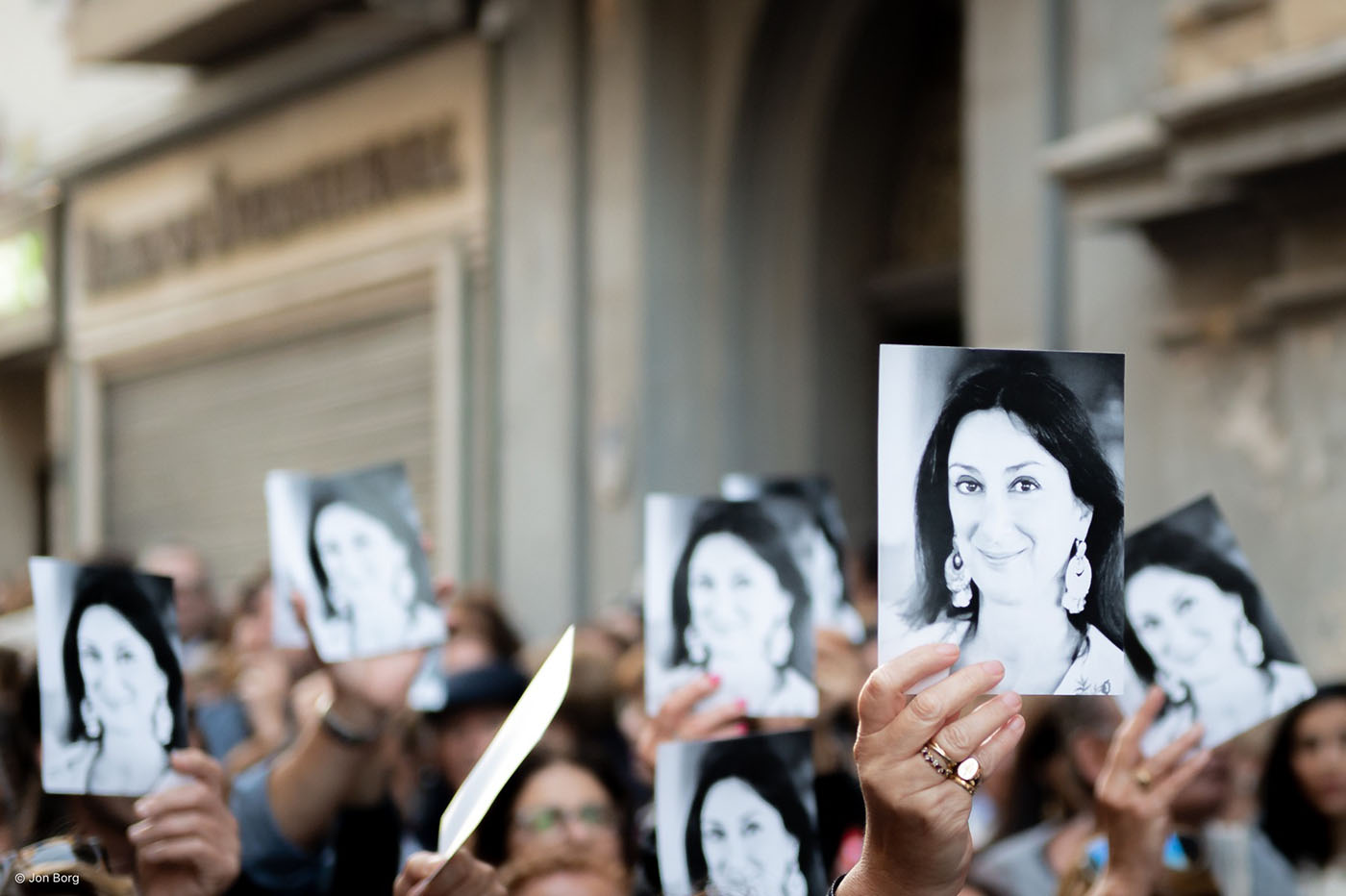
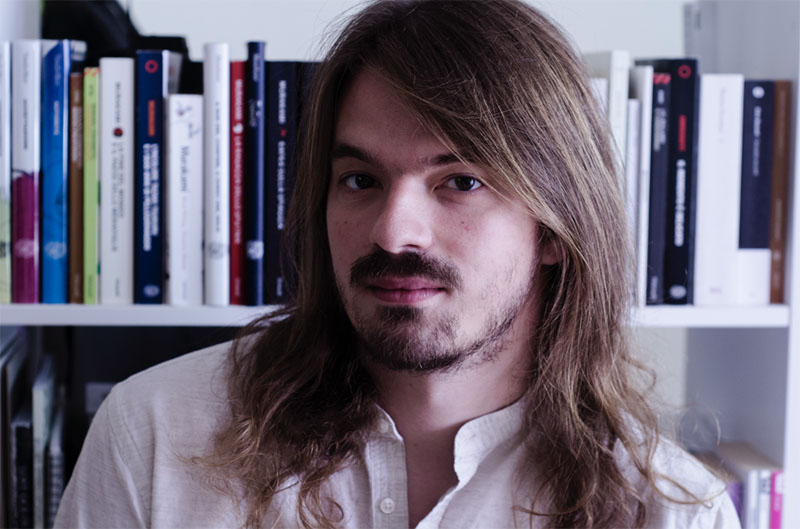


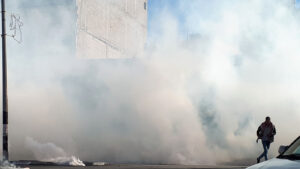
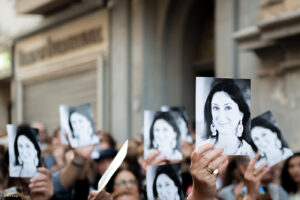


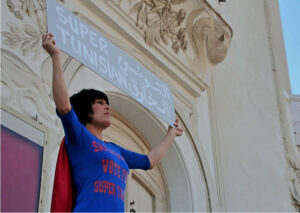
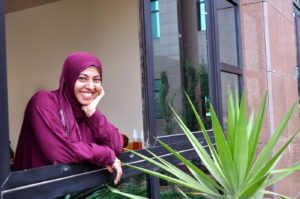
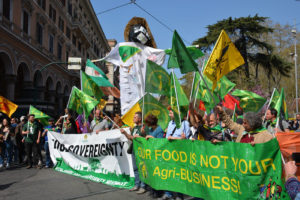


The artwork “The Death of Malta” from 2012 becomes even more relevant in this context.
https://pawlumizzi.com/project/death-of-malta/